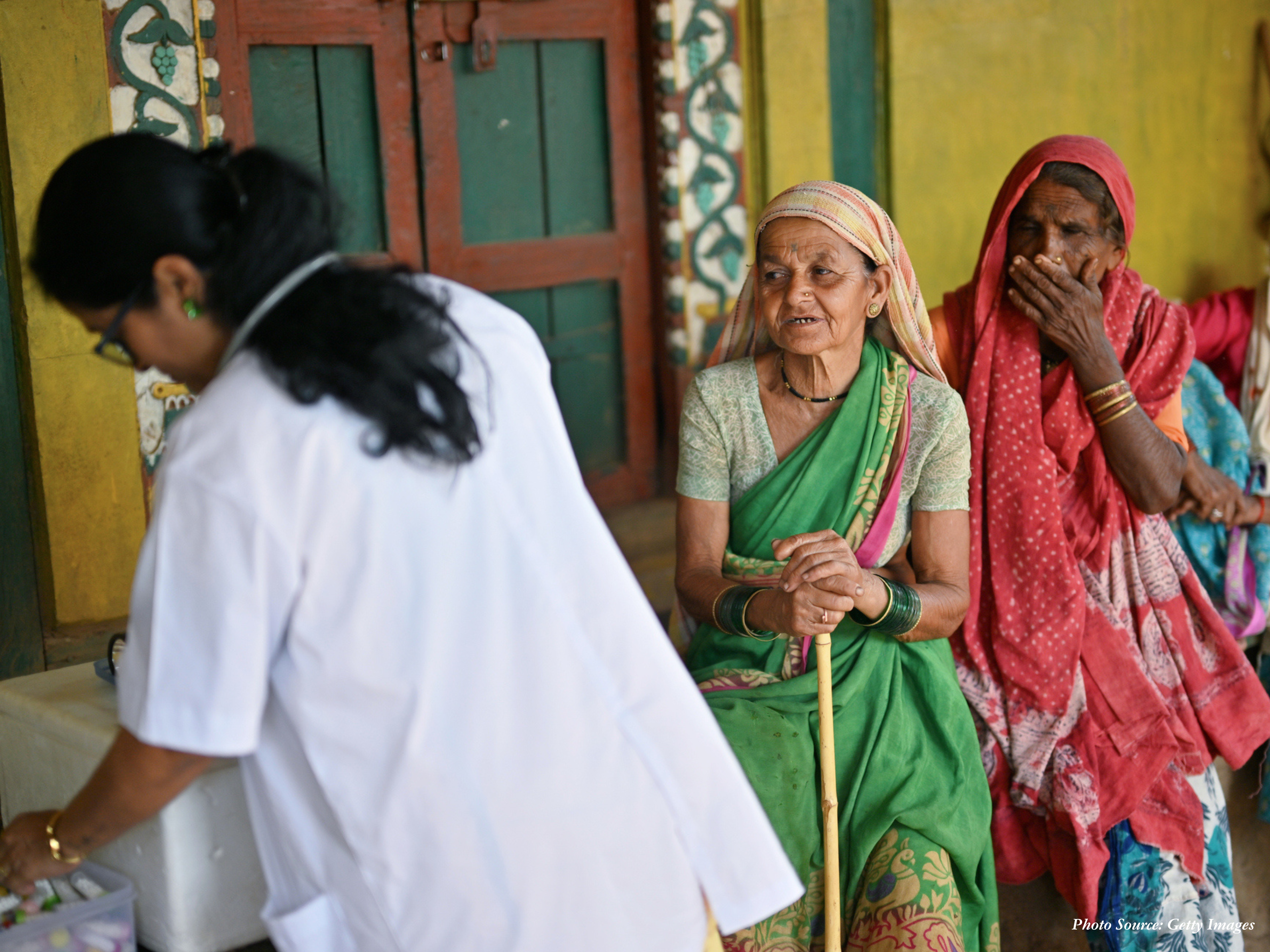
NCAER National Data Innovation Centre
Measurement Brief | 2024-02
Welcome to the fifth issue of GenderTalk from the NCAER-National Data Innovation Centre’s Gender Hub. Nancy Folbre and colleagues in the 2005 special issue of Feminist Economics – Gender and Ageing noted that the public discussion on ageing, even in developed countries, has focused more on the financial burden that the increasing number of elderly populations will impose on younger generations, while the gendered aspect of this demographic transformation has largely been ignored in the public discourse. In this issue of GenderTalk, we examine population ageing in India from a gendered perspective.
GenderTalk is a space where scholars, policymakers, and civil society members can engage with each other on a theme vital to women’s well-being in India. For previous issues, scroll to the bottom.
In particular, this brief discusses the following:
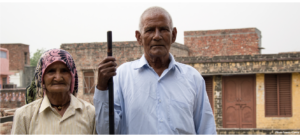 1. Gender and Ageing: Challenges Faced by Elderly Women in India – In the introductory article, Debasis Barik (NCAER) talks about the growing feminization during old age and accentuates the need to increase the magnitude and coverage of old age ….more
1. Gender and Ageing: Challenges Faced by Elderly Women in India – In the introductory article, Debasis Barik (NCAER) talks about the growing feminization during old age and accentuates the need to increase the magnitude and coverage of old age ….more
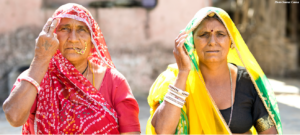 2. Financial Dependency and the Choice of Living among the Elderly Population in India – Sujoy Kumar Majumdar (Raiganj University) and Brotin Saha (Gangarampur College) have explored the link between financial dependency and choice of living arrangements among elderly men and women in India….more
2. Financial Dependency and the Choice of Living among the Elderly Population in India – Sujoy Kumar Majumdar (Raiganj University) and Brotin Saha (Gangarampur College) have explored the link between financial dependency and choice of living arrangements among elderly men and women in India….more
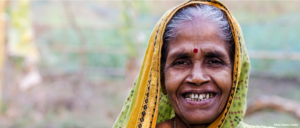 3. Gendered Time-Use among Indian Older Adults: Findings from LASI (2017-2018) – Using LASI wave 1 data, Ashwin Tripathy (FLAME University) has discussed the time use pattern of older individuals. Her focus on the differential use of leisure time between elderly men and women has contributed to our approach towards healthy and successful ageing….…more
3. Gendered Time-Use among Indian Older Adults: Findings from LASI (2017-2018) – Using LASI wave 1 data, Ashwin Tripathy (FLAME University) has discussed the time use pattern of older individuals. Her focus on the differential use of leisure time between elderly men and women has contributed to our approach towards healthy and successful ageing….…more
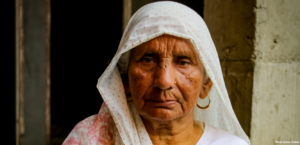 4. Unveiling the Intersectional Experiences of Gender, Ageing, and Widowhood in India – The sharp gender disparities in access to resources, coupled with patriarchal norms that tie women’s claims on resources to marriage, render them vulnerable during widowhood. In this article, Sreerupa (Institute of Social Studies Trust) has shed some light on the status of older widowed women in India…..more
4. Unveiling the Intersectional Experiences of Gender, Ageing, and Widowhood in India – The sharp gender disparities in access to resources, coupled with patriarchal norms that tie women’s claims on resources to marriage, render them vulnerable during widowhood. In this article, Sreerupa (Institute of Social Studies Trust) has shed some light on the status of older widowed women in India…..more
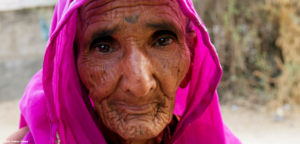 5. Gender and Ageing: What LASI reveals on India’s older women’s disadvantage? – Drawing insights from the LASI wave 1 data, Perianayagam Arokiasamy (Former Professor, NCAER) discussed the susceptibility of older women to various health conditions. He focused on the physical, psychological, and functional health of elderly women in India.….more
5. Gender and Ageing: What LASI reveals on India’s older women’s disadvantage? – Drawing insights from the LASI wave 1 data, Perianayagam Arokiasamy (Former Professor, NCAER) discussed the susceptibility of older women to various health conditions. He focused on the physical, psychological, and functional health of elderly women in India.….more
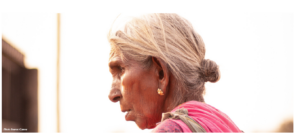 6. Conversation with Anupama Dutta (HelpAge India). HelpAge India promotes elder-friendly policies and their implementation for the last several decades. In this conversation, Anupama has discussed at length the programs that they run, their gender focus, the challenges they face, and some areas requiring policy focus.…more
6. Conversation with Anupama Dutta (HelpAge India). HelpAge India promotes elder-friendly policies and their implementation for the last several decades. In this conversation, Anupama has discussed at length the programs that they run, their gender focus, the challenges they face, and some areas requiring policy focus.…more
READS…from around the web
Angrisani, M., Jain, U., & Lee, J. (2020). Sex differences in cognitive health among older adults in India. Journal of the American Geriatrics Society, 68, S20-S28. Link
Chattopadhyay, A., Khan, J., Bloom, D. E., Sinha, D., Nayak, I., Gupta, S., Lee, J., & Perianayagam, A. (2022). Insights into labor force participation among older adults: Evidence from the longitudinal ageing study in India. Journal of Population Ageing, 15(1), 39-59. Link
Chen, M. A. (1997). Listening to widows in rural India. Women: A cultural review, 8(3), 311-318. Link
Dommaraju, P. (2015). One-person households in India. Demographic Research, 32, 1239-1266. Link
Hirway, I. (2010). Time-Use surveys in developing countries: An assessment. In Unpaid work and the economy: Gender, time use and poverty in developing countries, Editors:Antonopouls, R. and Hirway, I (pp. 252-324). London: Palgrave Macmillan UK. Link
International Institute for Population Sciences & United Nations Population Fund (2023). India Ageing Report 2023, Caring for Our Elders: Institutional Responses. United Nations Population Fund, New Delhi. Link
Sreerupa, S. I. Rajan, A. Shweta, Y. Saito, & R. Malhotra (2018). Living longer: For better or worse? Changes in life expectancy with and without mobility limitation among older persons in India between 1995–1996 and 2004. International Journal of Population Studies, 4(2), 23-34. Link
United Nations. (2002). Report of the Second World Assembly on Ageing: Madrid, 8-12 April 2002. New York: United Nations. Link
Click here to download the current measurement brief
This measurement brief is part of the Gender Hub led by Dr. Pallavi Choudhuri and Dr. Sonalde Desai. The Gender Hub initiative is a part of the National Data Innovation Centre at the National Council of Applied Economic Research. GenderTalk, is a space where scholars, policymakers, and civil society members can engage with each other on a theme vital to women’s well-being in India.
Our website can be found at https://ndic.ncaer.org/research-theme/gender-data-hub/.
Previous Issues of GenderTalk:
2024-01: Gender and Internal Migration; | Download
2023-03: Women’s Agency in Marriage Choice; | Download